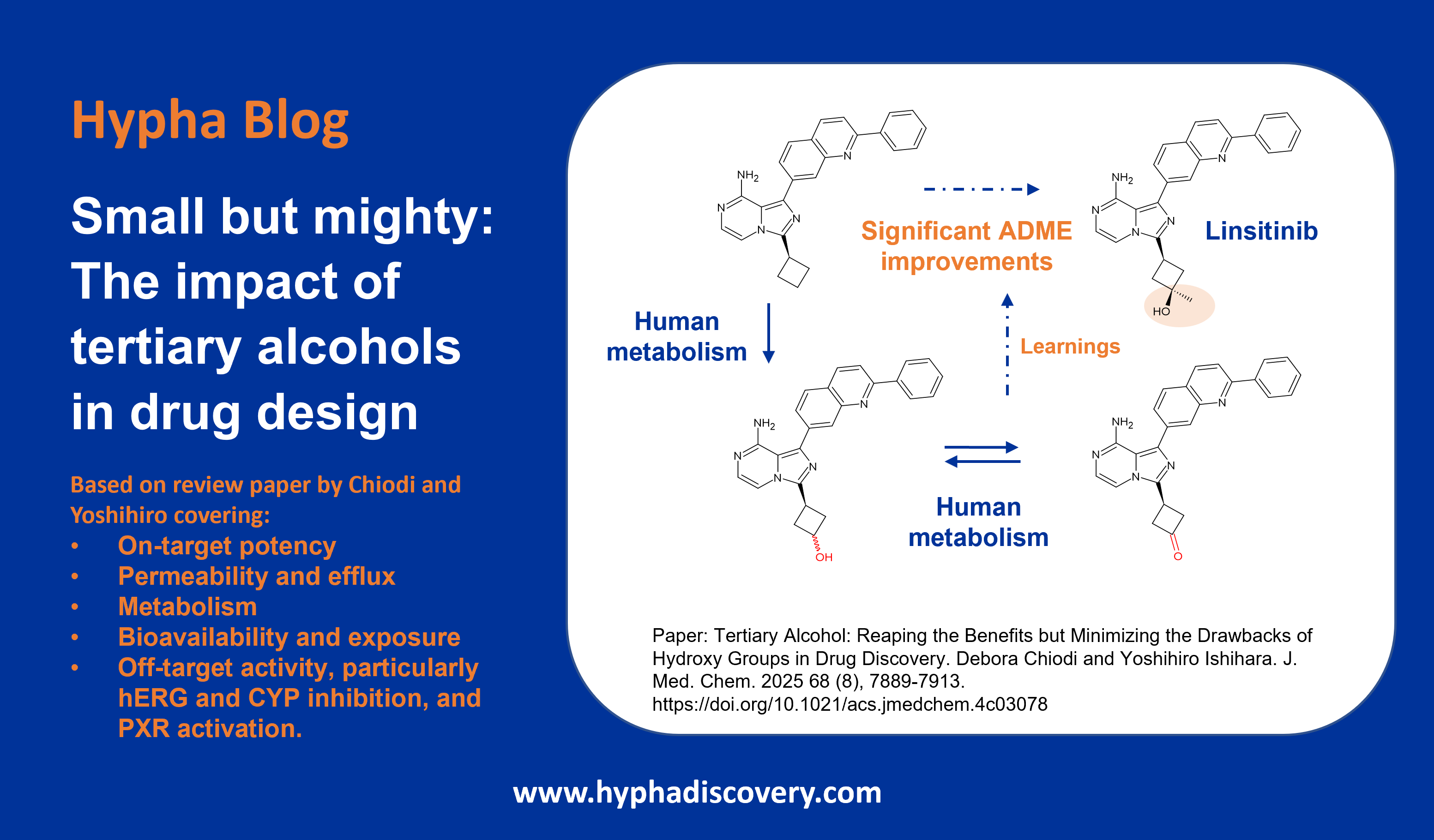Metabolites that Matter – Ivermectin
Ivermectin is a natural product derived broad spectrum antiparasitic drug, primarily deployed to combat parasitic worms in veterinary and human medicine. Due to its ability to kill the parasite Plasmodium falciparum that causes malaria, it has emerged as a potentially useful malaria transmission control tool [1,2].
A recent paper by Kevin Kobylinski and colleagues looks at the activity of key metabolites of ivermectin to explain why the mosquito-lethal effect of ivermectin in clinical trials exceeds that predicted from in vitro laboratory experiments [3].
The three primary human ivermectin metabolites (M1, M3, and M6) investigated each have a mosquito-lethal effect similar to that of the ivermectin parent compound for two primary malaria vectors. This was the first time that the mosquito-lethal effect of ivermectin metabolites on Anopheles survival has been investigated in an in vitro system.
In order to undertake this work, Hypha were asked to make the two O-demethylated metabolites M1 and M6 using microbial biotransformation, since these metabolites could not easily be produced by chemical synthesis. Structures were confirmed by NMR spectroscopy. Download the paper to find out more.
This was also the focus feature of our Q3 2023 newsletter.
References
[1] Crump, A. Ivermectin: enigmatic multifaceted ‘wonder’ drug continues to surprise and exceed expectations. J Antibiot 70, 495–505 (2017). https://doi.org/10.1038/ja.2017.11
[2] Chaccour, C. and Rabinovich, N.R. Advancing the repurposing of ivermectin for malaria. The Lancet 393 (10180), 1480-1481 (2019). https://doi.org/10.1016/S0140-6736(18)32613-8
[3] Kobylinski, K.C., Tipthara, P., Wamaket, N. et al. Ivermectin metabolites reduce Anopheles survival. Sci Rep 13, 8131 (2023). https://doi.org/10.1038/s41598-023-34719-2
“Working with Hypha Discovery has been an excellent experience. My colleagues and I had contacted dozens of chemical synthesis companies but no one could produce the ivermectin metabolite structures we were looking for, specifically demethylation of oligosaccharide sugar rings.
The Hypha team worked closely with our group in an iterative process to determine the most effective way to produce the desired structures.
Without Hypha we would not have been able to complete our critical research on ivermectin metabolites and publish in a high impact journal.”
Dr Kevin Kobylinski
Honorary Visiting Research Fellow, Mahidol Oxford Tropical Medicine Research Unit



